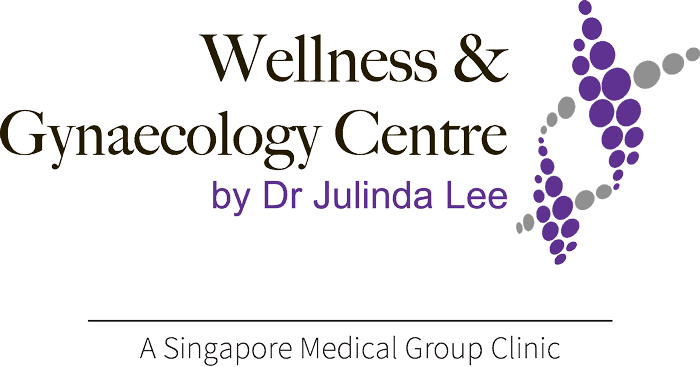
What is Hormone Replacement Therapy All About?
If I see a doctor, does it mean I have to start on Hormone Replacement Therapy?
No, seeing a doctor is about understanding your condition and getting accurate information to cope and to ensure you keep healthy as the change in hormones may affect your risk of other diseases such as heart disease, diabetes mellitus and osteoporosis. Whilst some symptoms are best treated with hormone replacement therapy, there may be lifestyle modifications or natural alternatives that may help you to cope without hormone replacement therapy. There are also many options available for hormone replacement therapy. Ask your doctor about bioidentical hormone
replacement therapy.
When Should I Consider Hormone Replacement Therapy?
Premenstrual tension may be an indication of an imbalance between the hormones estrogen and progesterone.
Common symptoms seen in premenstrual tension include:
- Migraines
- Breast pain
- Bloating and water retention
- Mood swings and irritability
Often progesterone supplementation may bring great relief to these symptoms
The perimenopause is the period that leads up to the menopause and may start as early as the late thirties in some
women. Common complaints in this time include:
- Sleep disruptions
- Poor concentration and memory lapses
- Premenstrual tension
- Hot flushes, night sweats
- Loss of sexual drive
- Vaginal dryness
Progesterone therapy may be considered with or without estrogen replacement and testosterone
Why a Bioidentical Hormone?
A bioidentical hormone is a hormone that is identical in structure to the hormones found in the body. Many synthetic hormones are altered in structure and may give less imperfect relief to symptoms and may also be associated with increased side effects.
Bioidentical progesterone in particular is associated with less symptoms of water retention, acne and has improved effect on the cardiovascular and possibly less effect on breast cells than a progestin (altered progesterone).
Bioidentical hormones can have dosages adjusted to optimise symptom control for individual patients. Since side effects of hormone replacement are dose related, using the lowest possible dose for symptom control is associated with the lowest risk of side effects.
Bioidentical hormones are available in various forms such as a cream, gel, oral or vaginal pessaries. Certain symptoms are better managed using a particular route of dosing. Some medical conditions may necessitate dosing hormones via a specific route.


